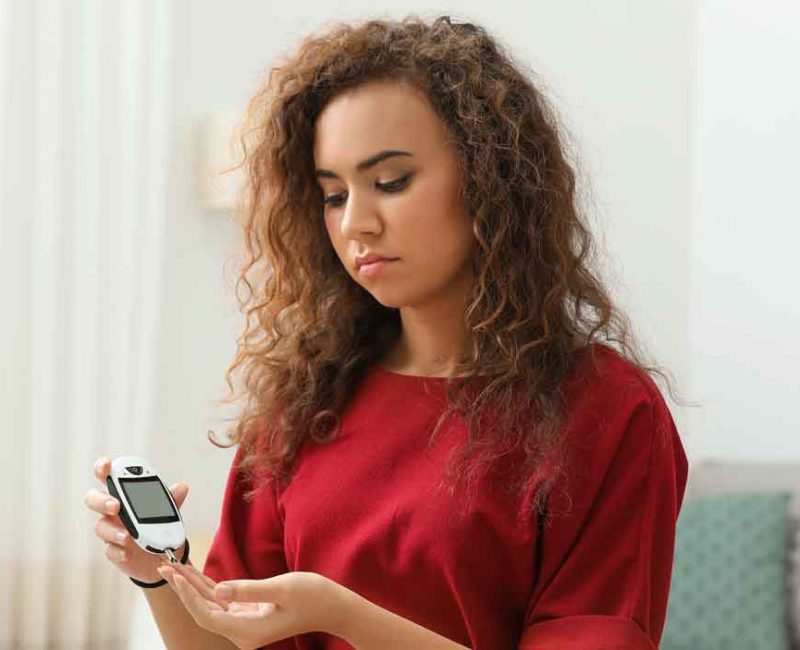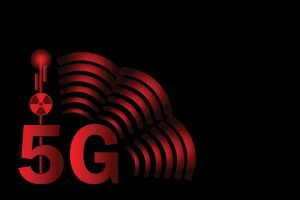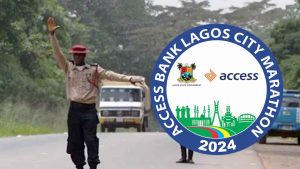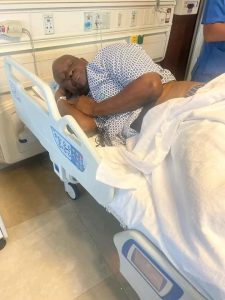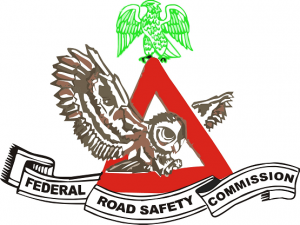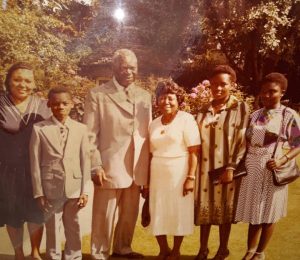There are many factors that can cause hypoglycemia after eating. Some of these include:
1) Eating too much sugar or carbohydrates in one sitting
2) Not drinking enough fluids following food consumption
3) Excessive exercise immediately following a meal
4) Taking medications that cause blood sugar levels to drop
5) Having a genetic disorder that causes low blood sugar after eating
The Worst Foods to Eat When You Have Hypoglycemia
There is no one definitive answer to this question since everyone’s body responds differently to different foods. However, some of the worst food choices when you have hypoglycemia include:
-Bread and rolls – These items are high in carbohydrates and can quickly raise your blood sugar levels.
-Chips and other snack bars – These contain unhealthy fats, which can spike your blood sugar levels as well.
-Fruit juices – Many fruit juices are high in sugar and calories, which will only add to your already elevated blood sugar levels.
-Soda – Sodas are typically high in sugar and calories, which can quickly spike your blood sugar levels.
-Sweets – Sweets will also add to your blood sugar levels, and often contain unhealthy fats as well.
The 3 Types of Hypoglycemia and the Warning Signs You Should Look For
1. Pure hypoglycemia: This is when a person’s blood sugar levels are so low that they can’t carry on normal activities. Symptoms may include feeling shaky, dizzy, and having trouble speaking or thinking clearly.
2. Complicated hypoglycemia: When the blood sugar level drops below 70 mg/dl (3.9 mmol/L), it can lead to complications such as seizures or even coma in some people. There are also more serious long-term health effects associated with complicated hypoglycemia, so it’s important to get help if you experience it.
3. Uncomplicated hypoglycemia: This is the most common type of hypoglycemia and refers to a blood sugar level that’s below 70 mg/dl (3.9 mmol/L).
Most people with uncomplicated hypoglycemia don’t have any complications or long-term health effects from their low blood sugar levels. However, if you experience symptoms such as shakiness, dizziness, or feeling faint, you should seek medical help right away.
How to Avoid Hypoglycemia After Eating – Tips from a Professional
There are a few things you can do to avoid experiencing hypoglycemia after eating:
-Plan your meals ahead of time and include healthy snacks in between meals. This will help keep blood sugar levels stable throughout the day.
-Try not to skip breakfast or eat large amounts of sweets before bedtime. These habits can lead to an increase in blood sugar levels later in the evening, which is when hypoglycemia is most common.
-Drink plenty of fluids throughout the day to stay hydrated and flush out any toxins that may be interfering with normal blood sugar levels.
How to Avoid Hypoglycemic Exposures in the Future
There are a few things you can do in order to avoid hypoglycemic exposures in the future.
First, be aware of when your blood sugar is low and take action to correct it as soon as possible.
Second, monitor your food and drink intake closely so that you don’t inadvertently consume large amounts of high-carbohydrate foods or drinks.
And lastly, always carry emergency snacks with you in case you experience an unexpected drop in blood sugar levels.


